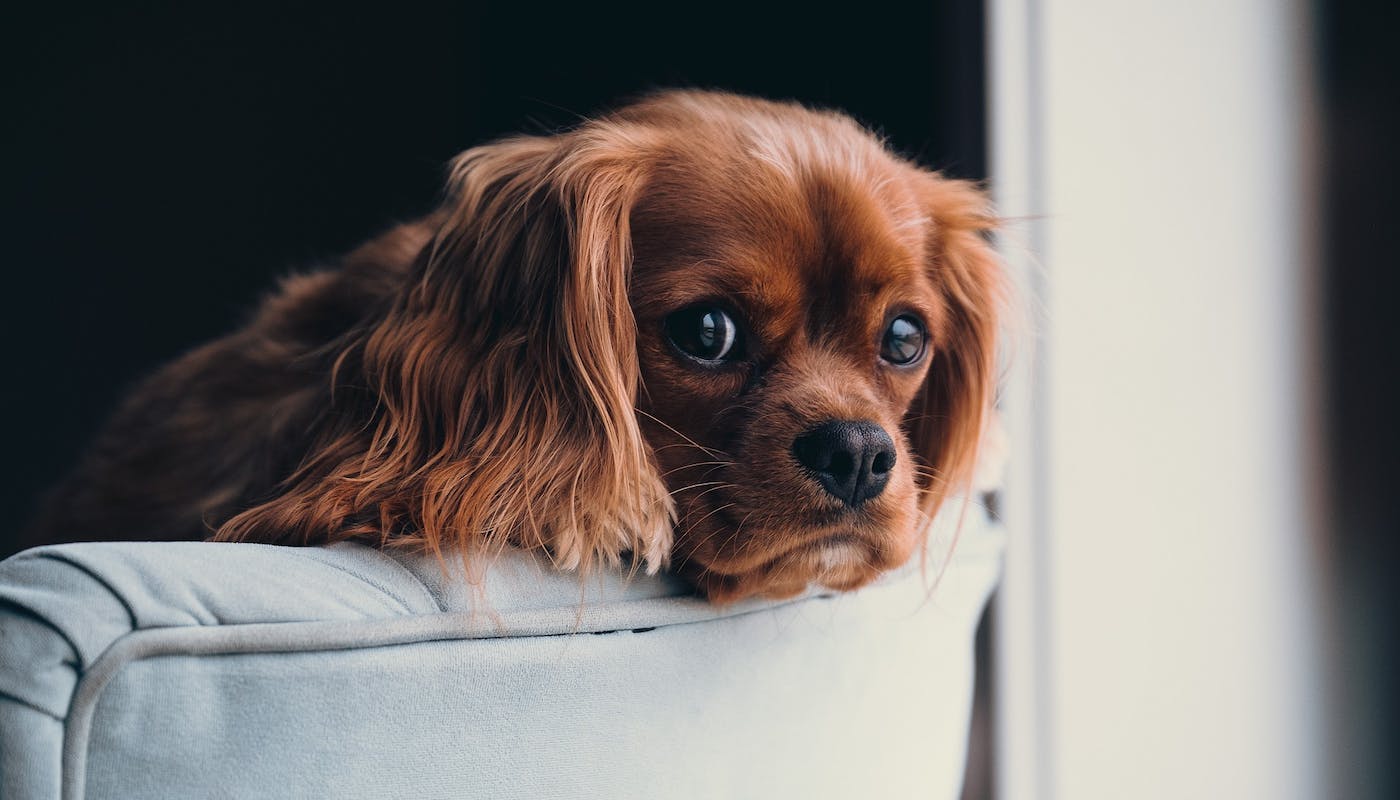7 Tips To Help Your Dog While Moving House
Many dog owners are surprised to learn that their dog takes a while to settle into a new house. For humans it’s one of life’s most stressful situations: naturally our dogs will detect and share some of that tension. Here are 7 tips on helping your dog through the process.
How Dogs Connect to Our Feelings
It’s mysterious that our pets know when we’re feeling sad or worried, but animals display other telepathic qualities, too. For instance, Max the doghttps://psi-encyclopedia.spr.ac.uk/articles/animals-psi-research#footnote27_7b92y8d could find his way home after being dropped off at different random locations in one experiment conducted in Germany. More pets are often reported in the press for their extraordinaryhttps://www.psychologytoday.com/gb/blog/canine-corner/202209/do-dogs-have-homing-instinct-they-can-use-if-they-are-lost tracking abilities, journeying to their former homes after their owners have moved – even if the territory is completely unfamiliar to them.
What’s more, there are several studies showing that dogs seem to ‘know’https://www.youtube.com/watch?v=aA5wAm2c01w when their owners decide to head home. Do they use sound triggers, telepathy, or their internalised body-clockhttps://news.ncsu.edu/2011/06/wms-dogs/? One theory suggests that dogs can smell timehttps://www.thewildest.com/dog-behavior/how-do-dogs-know-when-you-are-coming-home#:~:text=Dogs%20can%20basically%20smell%20time,to%20smell%20less%20of%20you.. All of this demonstrates that our pets have an uncanny ability to read our feelings, which explains why moving can be a stressful process for them as well as us.
Tips To Support Your Dog
We hope that you will take measures to prevent your own mental exhaustion while moving house: similarly, our dogs can benefit from these too!
1. Use Scent
Try a commercial plug-in (which you can get from the vet) which diffuses pheromones or other calming scent molecules into the air. You should start using this while you plan and pack, and then plug it in at the new home. If you don’t want to use a chemical diffuser, lavender essential oil is thought to be soothing for dogs just as much as humans (double bonus).
2. Bring Your Dog’s Favorite Things
Don’t wash them before the move (…it probably wasn’t high on your list of priorities anyway). Surrounding your dog with their fave toys, their own bowls and bed will give them a sense of security and permanence in the new home. It’s important that they smell the same to help your dog establish their own area. When you arrive at the new home, unpack your dog’s stuff first and make a comfortable space for them.
3. Try to Stick To Routine
There isn’t much routine during the frantic days of a move. But you can help your dog by waking, feeding them and exercising them at the same times as always. We talk about routine a lot on the FOTP blog – but why do dogs love routine? When they know what to expect in the day, they are less likely to become stressed. Dogs are historically pack animals who are sensitive to the threats of sickness, predators or changes in the weather. It’s especially important to keep your routine when you want to help your dog get through a big life-change.
4. Don’t Reward Worrying
If your dog is very anxious and they’re hiding or howling when left alone in a room, it’s important that you don’t reward those actions with attention. Although it feels cruel, it is vital to stay cool and calm. By all means stay nearby but don’t fuss over them too much – they will benefit from your calm vibes. If your dog is very sensitive it’s best to leave them with a trusted friend or family member on moving day.
5. Just Keep Walking
Make time for regular walks. Plenty of outdoor exercise will tire out your dog, so they are able to sleep more easily when they get home. Of course, it’s also very good for human stress-relief!
6. Prepare the New Home
Take extra precautions to make your dog safe and secure. Carry out a risk-assessment of the yard or outdoor areas, checking for escape routes and dangers. Indoors, it’s helpful to clean the home thoroughly – and some experts suggest rubbing your dog’s stinky blanket around their room at dog-height. That’s because they’ll immediately detect old animal smells which might make them feel wary or uncomfortable.
7. Take Time to Settle In
When you’ve moved in, it’s a good idea to stay home for a few days – which will help you to unpack too. Devote time to exploring the new walks from your home and give your dog the chance to relax and create happy new associations. This time with your dog will enable you to notice any anxieties they have (new sliding doors? Frightening hedges?) and help them to settle in too.
